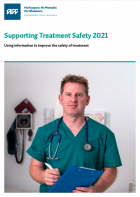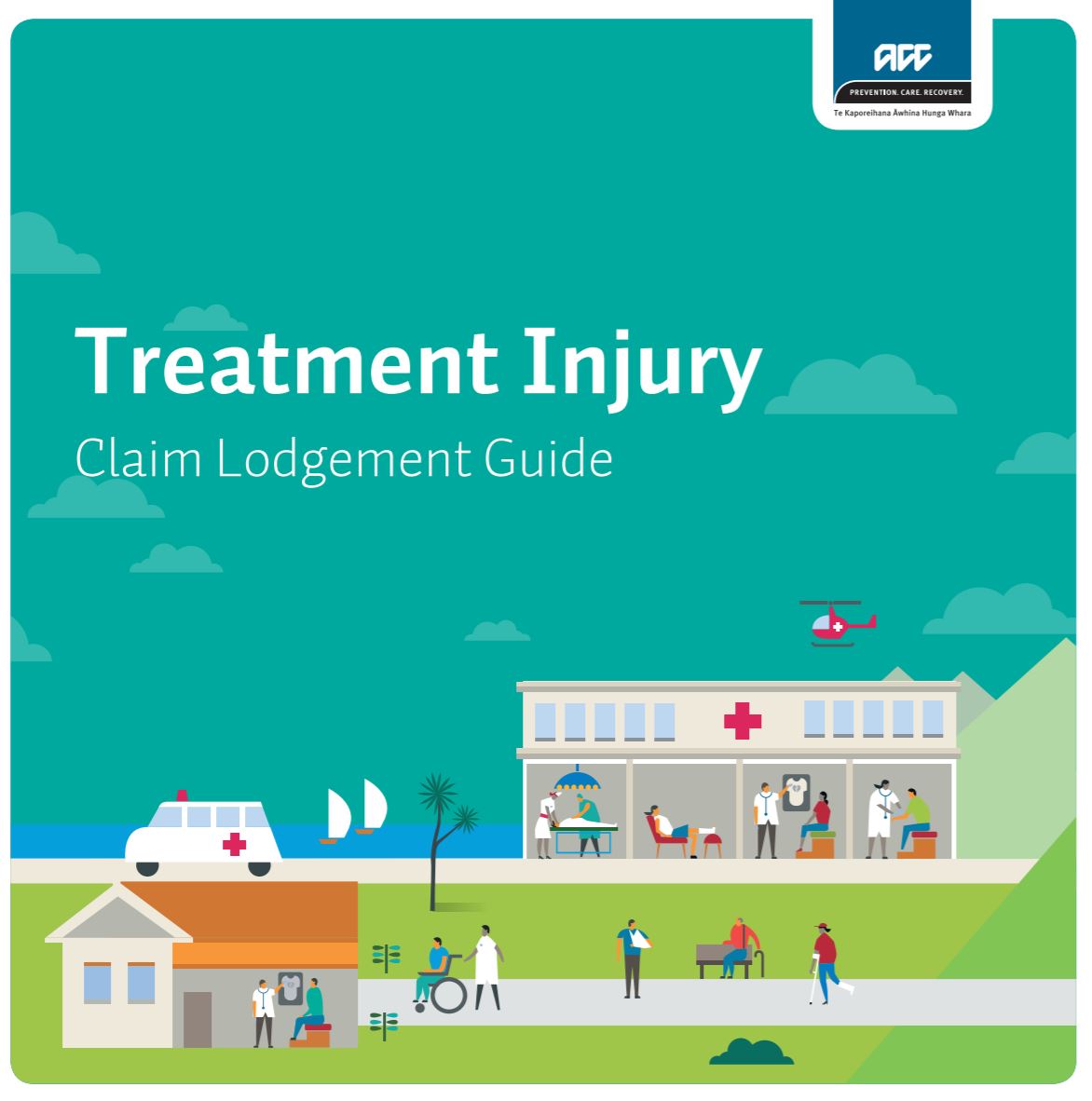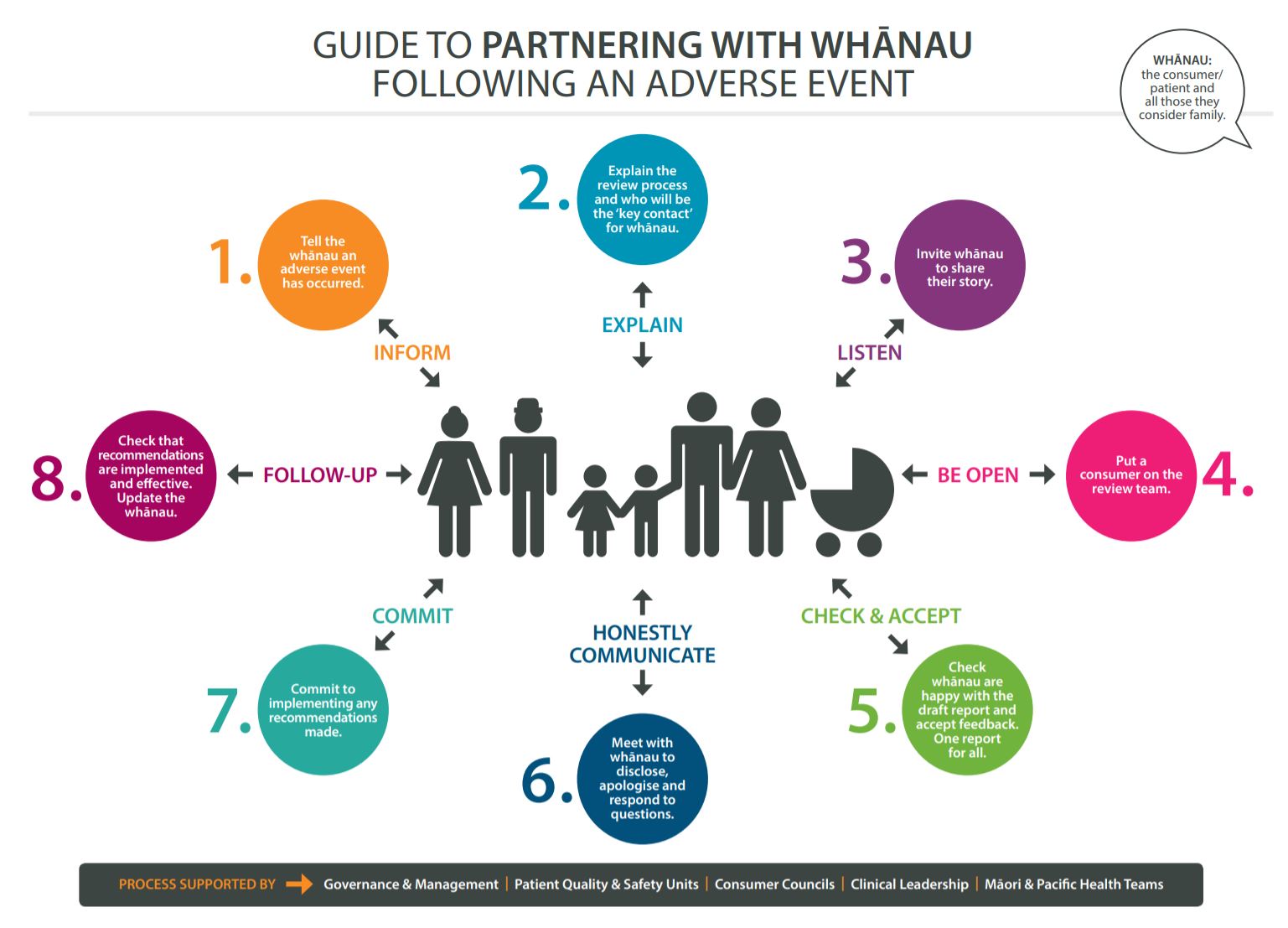If you think you have an injury caused by a treatment you have had, talk to your healthcare provider. They are there to make sure your care is as safe as possible. They can help you resolve the problem. If not, you can make a complaint. Also, if needed, your healthcare provider can lodge a claim on your behalf for further treatment. See claims below.

Image credit: Canva
Complaints
If you're not happy with an experience with a health or disability service, you can follow these steps. You may not need to do them all.
Try to sort it out yourself
Contact your healthcare provider and discuss your situation with them. If you don't feel comfortable speaking to the person who treated you, you could write a letter or take a support person with you. You could also talk about your issue with their manager or complaints officer. Read more about self advocacy(external link).
Get support from the Nationwide Health and Disability Advocacy Service
The Nationwide Health and Disability Advocacy Service can give you information on your rights when using health or disability services and your options for making a complaint. You can contact a health and disability advocate by calling 0800 555 050 or by emailing advocacy@advocacy.org.nz. Read more about the Code of Health and Disability Consumer Rights.
Complain to the Health and Disability Commissioner
You can make a complaint to the Health and Disability Commissioner about:
- a regulated service, eg, doctor, dentist, physiotherapist
- an unregulated service, eg, aromatherapist, counsellor, reflexologist, or
- a disability service, eg, respite care or a support worker in your home.
Your complaint might relate to public or private services, a person, an organisation, voluntary or paid. The Health and Disability Commissioner might order the healthcare provider to apologise, review their systems and complete special training.
If you're not sure what to do ring 0800 555 050 and an advocate will help you. Learn more about making a complaint(external link).
Claims
In Aotearoa New Zealand everyone is covered by ACC if they've been injured in an accident. If the injury resulted from getting treatment, ACC covers it if:
- the treatment directly caused your injury
- a registered health professional was treating you
- it’s not a normal side effect of your treatment.
ACC also covers injuries caused by treatment for an injury they've already covered. Your healthcare provider can lodge a claim on your behalf if they think you have a treatment injury. There are instances where treatment injuries may not be covered, eg, when an injury is an ordinary consequence of a treatment. For information specific to your situation, talk to your healthcare provider. Learn more about lodging a treatment injury claim(external link).










